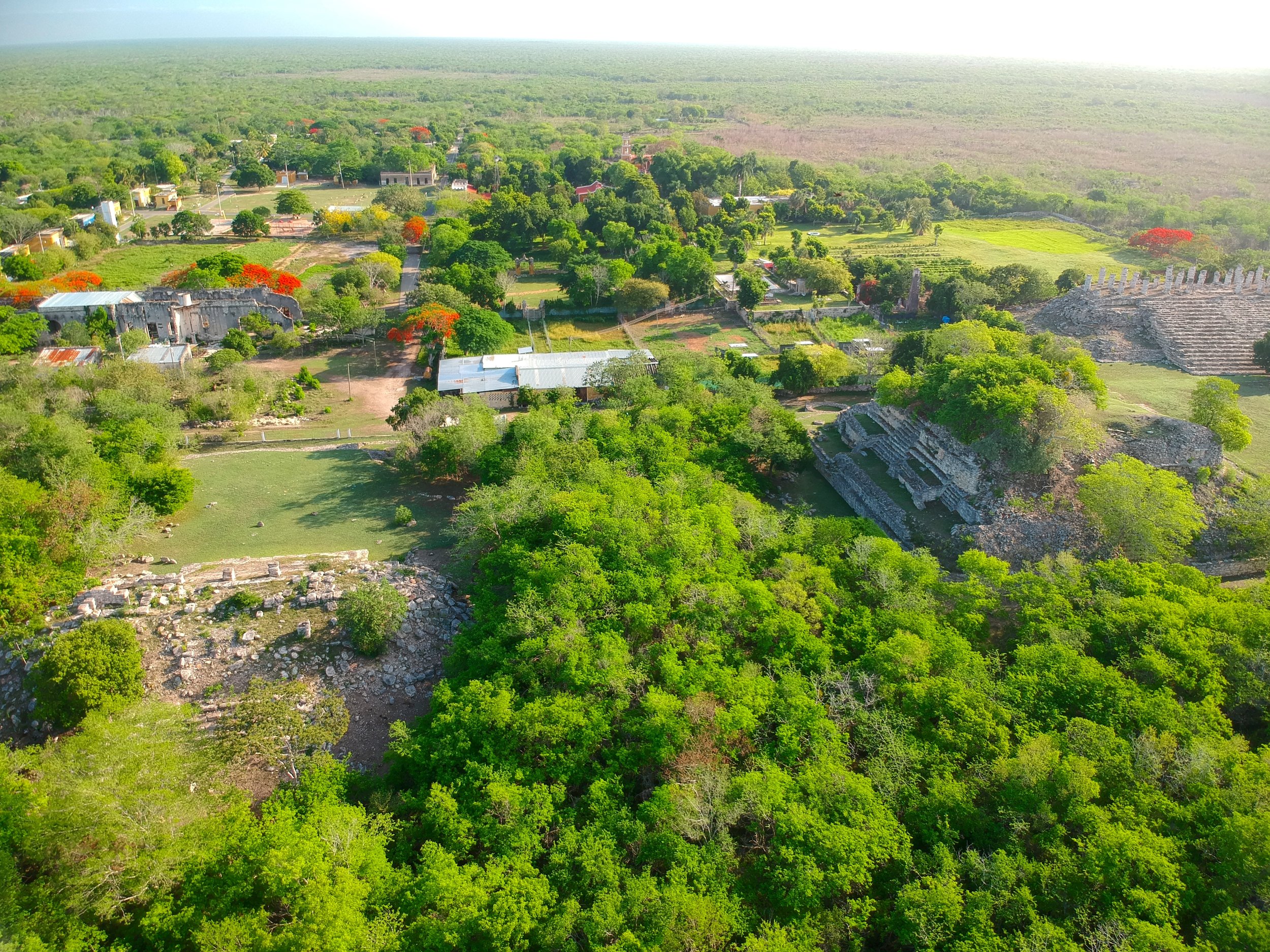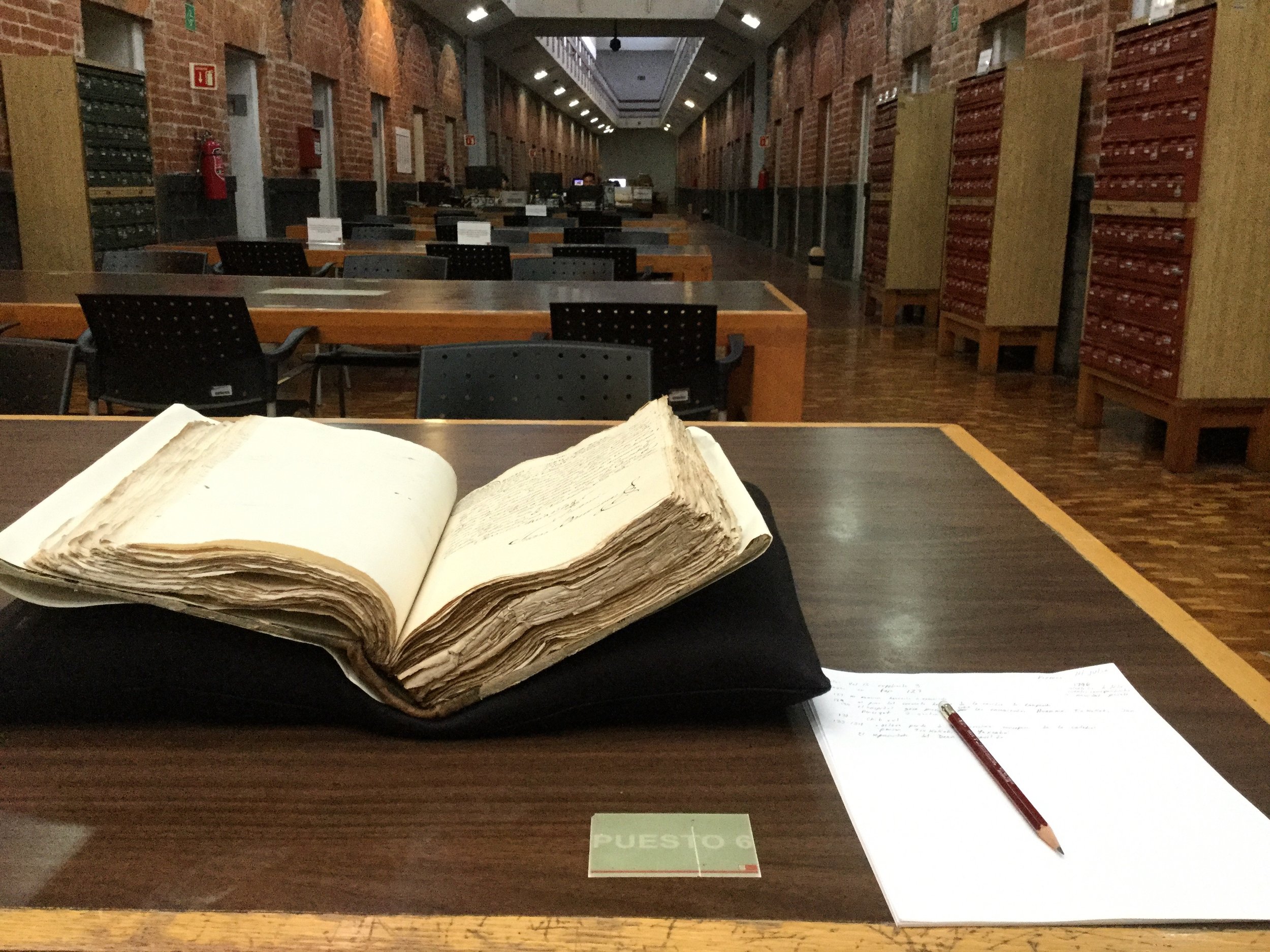Research
My research projects are united by an interest in how Indigenous peoples have built resilient and sustainable communities in the face of political collapse, environmental stress, colonialism, and capitalism.
My primary research interests include Indigenous resilience and sustainability, community and public archaeology, decolonization, the politics of cultural heritage in the Americas, landscape studies, ruination studies, and materiality.
The geographic focus of my research is in Mesoamerica, particularly the Yucatan Peninsula.
I have conducted archaeological fieldwork in southern Mexico, Belize, and the southeastern United States.
Most of my field research has taken place in Ake. Ake is an ancient Maya city, a colonial plantation, and a modern rural community, located in northern Yucatan, Mexico. The residents of Ake have allowed me to work in their land and have taught me about the history of their community.
The research methods that I use to collect data include surface surveys, archaeological excavations, ceramic studies, Geographic Information Systems, ethnographic participant observation, oral histories, and the study of historic documents.
I collaborate with scholars who specialize in the study of human remains, epigraphy, soil chemistry, lithics, shells, and elemental composition of materials.
Combining these lines of evidence allows to understand the formation and persistence of human settlements, as well as how people lived their daily lives in the past.
Doctoral Research:
“Living with Ruins: Community Regeneration after Political Collapse at the Ancient Maya City of Ake, Yucatan, Mexico.”
My dissertation resulted from a five-year community-engaged project that examined the role that ancient ruined buildings in Ake, Yucatan, played in the resilience of ancient Maya communities after political collapse in the 10th century CE. Dissertation results indicate that the cultural and economic resources of ruined urban places, in tandem with participation in long-distance exchange networks, were critical factors that enabled the consolidation of society among the ancient Maya population of Ake after political turmoil, between 1100 and 1550 CE.
This research was funded by the National Science Foundation, the National Geography Society, and Northwestern University.
This dissertation was recognized by the National Institute of Anthropology and History of Mexico with the 2022 Alfonso Caso Award for the best doctoral thesis in Mexican archaeology of 2021. You can access a copy of this work here.
Current Research Project:
“Decolonizing Ancient Maya Cities: Indigenous Resilience in the Ruins of Ake, Yucatan”
I am working in a community-based project using archaeology, archival work, and ethnography, to investigate the meaningful practices performed by Indigenous communities amidst the ancient Maya ruins of Ake, Yucatan, Mexico, in the context of colonialism and capitalism. This work aims to decolonize Indigenous history by demonstrating how some ancient heritage sites in the Yucatan Peninsula have been vibrant places of community life throughout time, and not just deserted ruins.









